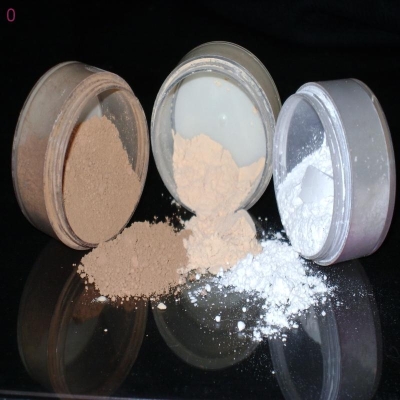-
Categories
-
Pharmaceutical Intermediates
-
Active Pharmaceutical Ingredients
-
Food Additives
- Industrial Coatings
- Agrochemicals
- Dyes and Pigments
- Surfactant
- Flavors and Fragrances
- Chemical Reagents
- Catalyst and Auxiliary
- Natural Products
- Inorganic Chemistry
-
Organic Chemistry
-
Biochemical Engineering
- Analytical Chemistry
- Cosmetic Ingredient
-
Pharmaceutical Intermediates
Promotion
ECHEMI Mall
Wholesale
Weekly Price
Exhibition
News
-
Trade Service
.
The Philippine International Rice Research Institute (IRRI) has spent two decades working with the Ministry of Agriculture-Philippine Rice Research Institute to develop golden rice, which is named for its bright yellow color
.
.
The research and development company of "Golden Rice" said that the biosafety license issued by the government regulatory agency paved the way for the production of this rice, which is rich in vitamin A precursor β-carotene, which makes the rice more nutritious.
, The “limited quantity” of seeds can be distributed to Filipino farmers in selected provinces starting in 2022
.
The only change IRRI has made is the use of genetically modified technology to produce β-carotene in grains
.
, The “limited quantity” of seeds can be distributed to Filipino farmers in selected provinces starting in 2022
.
The only change IRRI has made is the use of genetically modified technology to produce β-carotene in grains
.
According to IRRI, it said children under five in the Philippines nearly 17% deficient in vitamin A
.
Vitamin A is essential for normal growth and development, normal functioning of the immune system, and vision
.
Data from the World Health Organization show that vitamin A deficiency causes as many as 500,000 cases of blindness in children every year, half of which die within 12 months after blindness
.
.
Vitamin A is essential for normal growth and development, normal functioning of the immune system, and vision
.
Data from the World Health Organization show that vitamin A deficiency causes as many as 500,000 cases of blindness in children every year, half of which die within 12 months after blindness
.
Ordinary rice is a staple food for hundreds of millions of people, especially in Asia.
Beta-carotene can be produced in some plants, but not in grains
.
Golden rice will provide people with 30%-50% of the total daily vitamin A required.
When this part of the intake is added to the daily diet, the vitamin A intake of the entire population can be promoted from insufficient to adequate levels
.
Beta-carotene can be produced in some plants, but not in grains
.
Golden rice will provide people with 30%-50% of the total daily vitamin A required.
When this part of the intake is added to the daily diet, the vitamin A intake of the entire population can be promoted from insufficient to adequate levels
.
IRRI’s Russell Reinke revealed to the French press that the approval of the golden rice is a very important step for the institute’s project, which means that the genetically modified golden rice has passed the regulatory stage and the golden rice will be considered as safe as ordinary rice.
.
Despite passing the last regulatory barrier, golden rice still has a long way to go before it appears on the table
.
The next step is to propagate the few kilograms of seeds that IRRI currently has so that it can be planted more widely
.
.
Despite passing the last regulatory barrier, golden rice still has a long way to go before it appears on the table
.
The next step is to propagate the few kilograms of seeds that IRRI currently has so that it can be planted more widely
.
According to a Philippine government official, this is the first genetically modified rice approved for commercial reproduction in South and Southeast Asia
.
Golden rice has been strongly resisted by environmental organizations that oppose genetically modified edible plants
.
At least one test site in the Philippines has been attacked by opponents
.
.
Golden rice has been strongly resisted by environmental organizations that oppose genetically modified edible plants
.
At least one test site in the Philippines has been attacked by opponents
.
In addition, Reinke also stated that farmers will be able to grow golden rice in exactly the same way as ordinary varieties
.
It does not require additional fertilizers, nor does it need to change the cultivation and management methods, and it also brings the benefits of improved nutrition
.
.
It does not require additional fertilizers, nor does it need to change the cultivation and management methods, and it also brings the benefits of improved nutrition
.
Food safety regulators in Australia, the United States and Canada have analyzed and appreciated golden rice, but these countries have not yet approved the use of golden rice for commercial production
.
.
In addition, Bangladesh's regulatory agencies are reviewing it
.
.







